
[ad_1]
This list exists because there is no horizon in sight of the number of developers who have changed the path, inspired a generation, changed the life of just one person, and – whether known or unknown – become the very definition of tenacity, audacity, and miracle-working.
It is a living list. It will be expanded and updated. It does not aspire to be definitive, nor does it intend to be exclusive.
These are developers, writers, artists, directors, and producers that have changed the conversation…and that are changing the conversation. Contributors to the game industry that have defined it…and that are currently redefining it.
IGR felt it was time to make another such list. May it open some doors for you to explore, may it offer some mirrors in which you may see a version of yourself.
Tracy Fullerton
Author of Game Design Workshop: A Playcentric Approach to Creating Innovative Games and professor at USC’s School of Cinematic Arts, Fullerton’s long career in the games industry began with early interactive film projects for such companies as Interfilm, for whom she co-directed Ride for Your Life (starring Adam West and Matthew Lillard), Synapse, and Spiderdance.
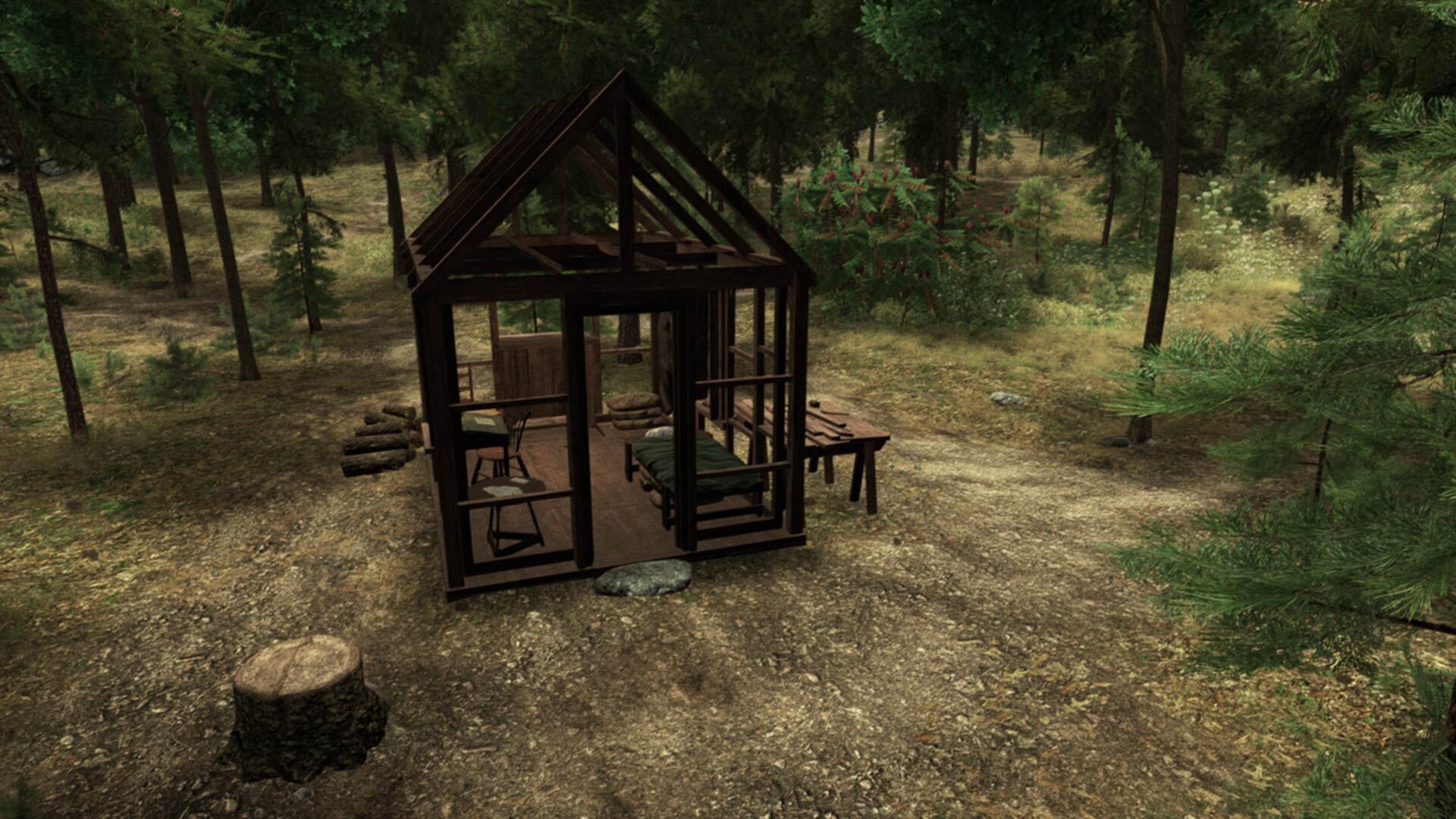
Her thoughtful, experimental approach to interactive media is evidenced by her work on pervasive games and interactive art installations like Reality Ends Here and The Night Journey, as well as Walden, a game, an award-winning walking simulator based on the writing of Henry David Thoreau.
Kellee Santiago
As founder of thatgamecompany, Santiago is responsible in part for such critically acclaimed releases as Flow, Journey, and Sky, but her contributions go beyond game design. Along with Jonathan Blow and Nathan Vella, among others, she helped create the Indie Fund to provide financial encouragement to upcoming developers, and later worked for the indie-friendly micro-console company Ouya.
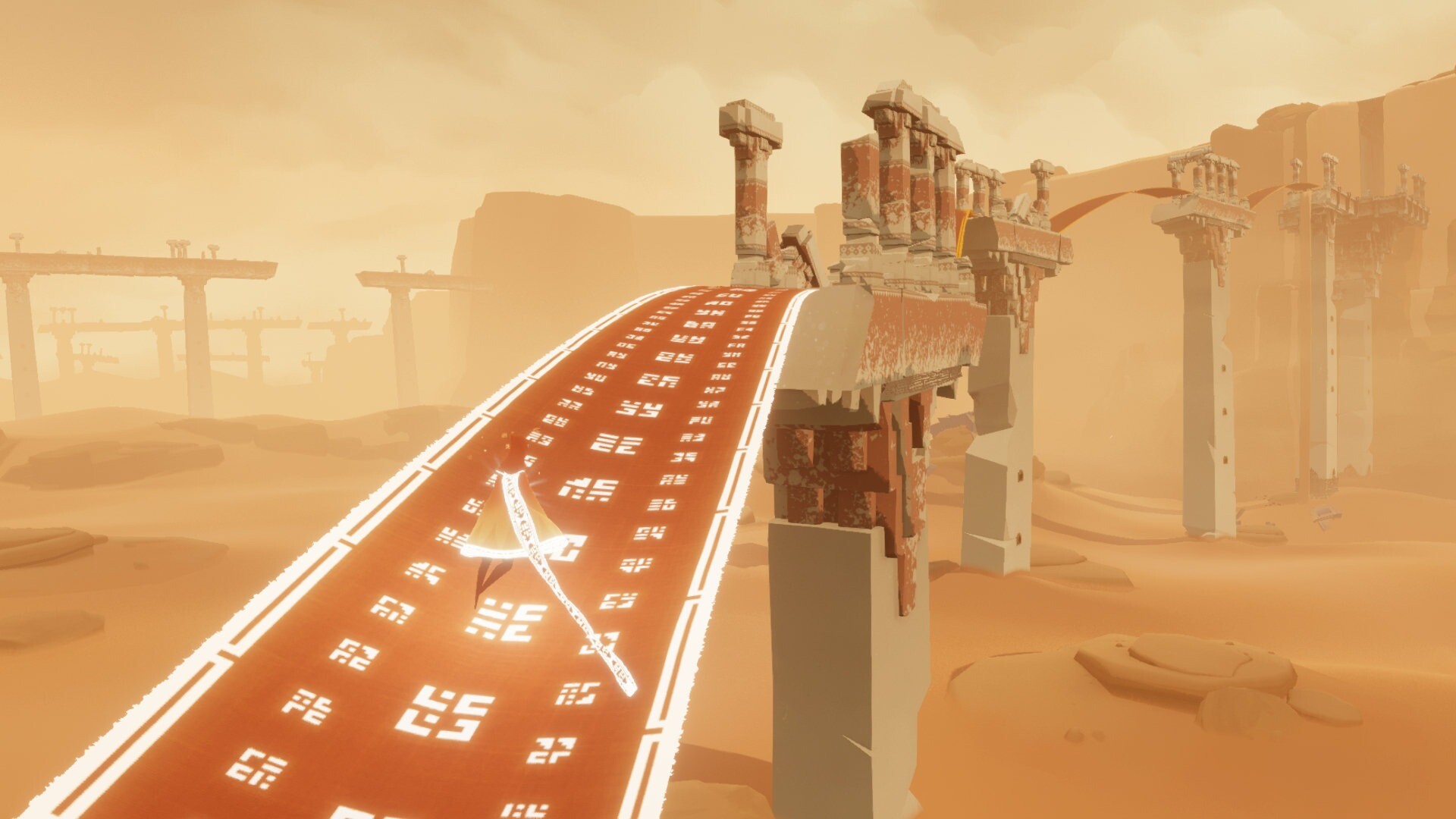
And remember that time Roger Ebert went on a rant about video games not being art? That was a direct – albeit delayed – response to a TED Talk that Santiago delivered all the way back in 2009.
Rieko Kodama
It’s hard to imagine a time when a name as synonymous with video games as Sega could have been considered “indie,” but during the industry’s early days, even the biggest development teams and budgets would be considered paltry by today’s blockbuster standards.
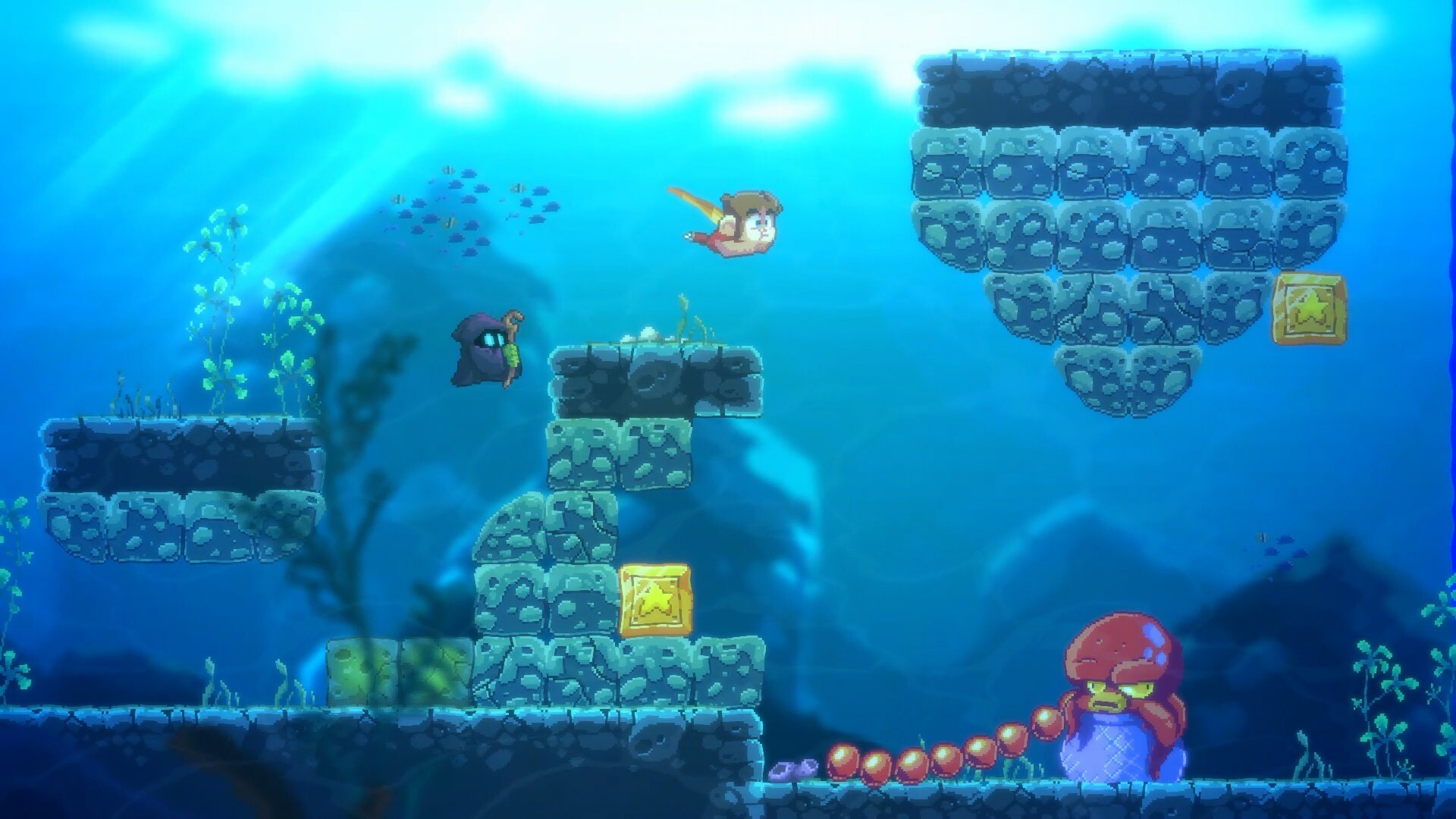
Kodama (often credited as Phoenix Rie) was at the forefront of these years for Sega, producing, contributing art, and even directing now-legendary titles like Alex Kidd, Phantasy Star, Fantasy Zone, and of course the early Sonic the Hedgehog games. She remained a producer at the company and regularly championed the role of women in the industry until her untimely death at 58 in 2022.
Danielle Bunten Berry
Bunten Berry’s work as a game developer started in 1978 with Wheeler Dealers, a multi-player auction game for the Apple II computer.
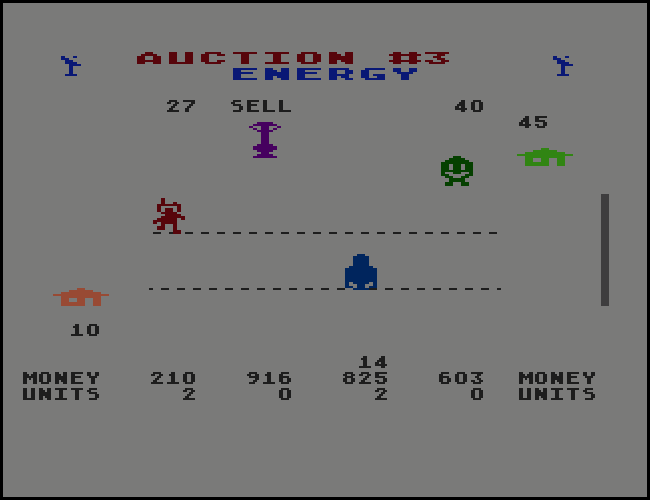
Her most notable release, multi-player strategy game M.U.L.E., has been incredibly influential in the subsequent four decades since its 1983 release for the Atari computer, especially in terms of multi-player functionality and simulated economic systems.
Brenda Romero
During her career, Romero has worked on such seminal projects as the Jagged Alliance and Wizardry games, more recently working in the indie arena with such games as Gunman Taco Truck and Prohibition-era crime RPG Empire of Sin as well as a series of experimental board games called The Mechanic Is the Message. She has also written several books about the game industry.

An anti-censorship activist, Romero is particularly interested in the intersection between games and sexuality, as evidenced both by her book, Sex in Video Games, and Playboy: The Mansion, a Hugh Hefner sim she designed in 2005.
Nina Freeman
The creator of such games as Kimmy and Beach Date, Freeman’s work stands out for its combination of familiar game mechanics with slice-of-life vignettes and autobiographical material that can be so intimate and true-to-life it feels almost voyeuristic, as in Cibele, a slightly fictionalized account of a relationship that took place in part through an MMORPG.
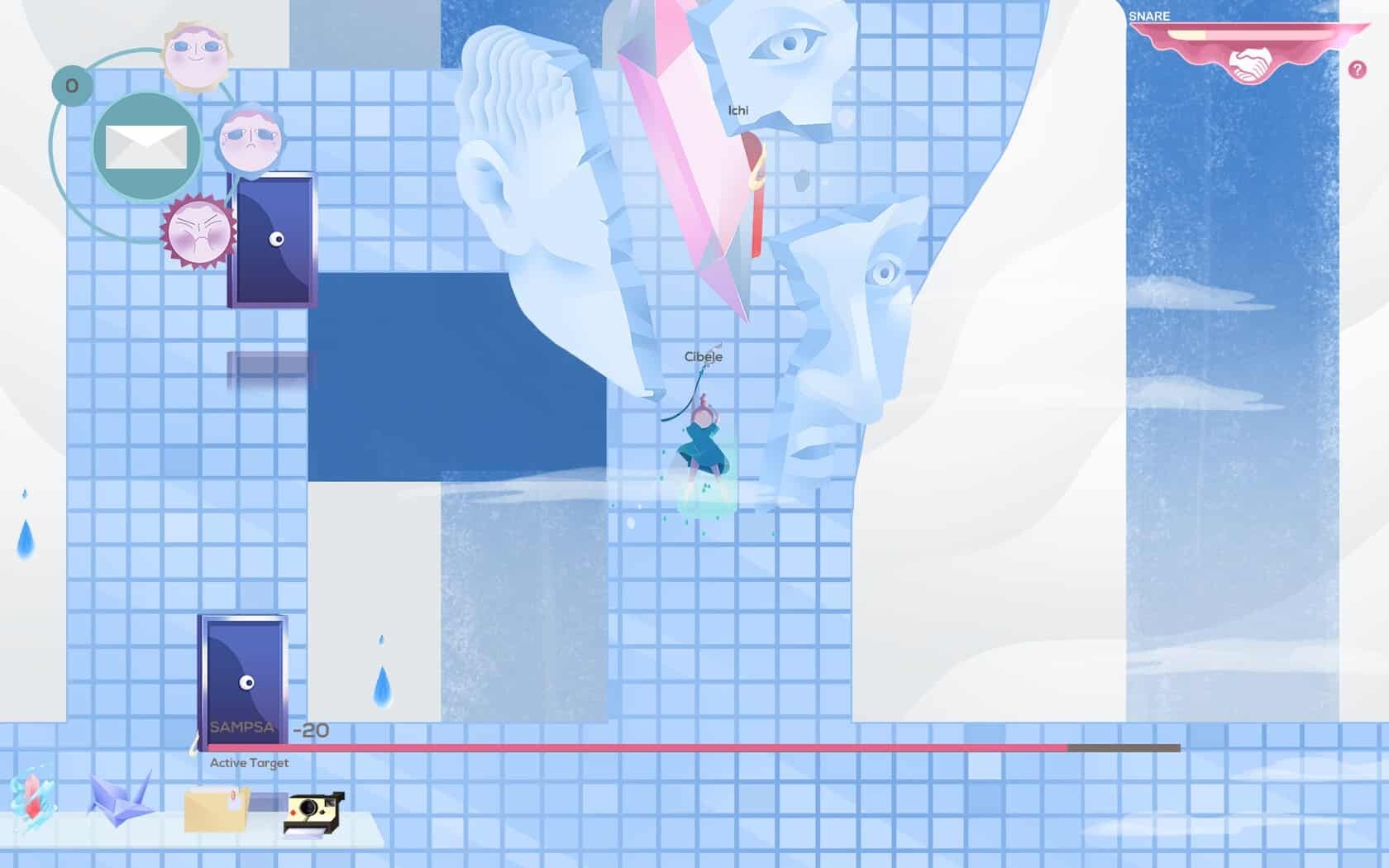
Freeman has also founded her own studio, Star Maid Games, and did level design for Tacoma at Fullbright.
Robin Moulder
Cofounder of 3lb Games (and former bass player and founding member of legendary alternative rock act Jack Off Jill), Moulder is a major force in the XR and VR world, creating original games like Vault of Stars, Grokit, and Space Dragon as well as providing consulting on VR applications for other companies.
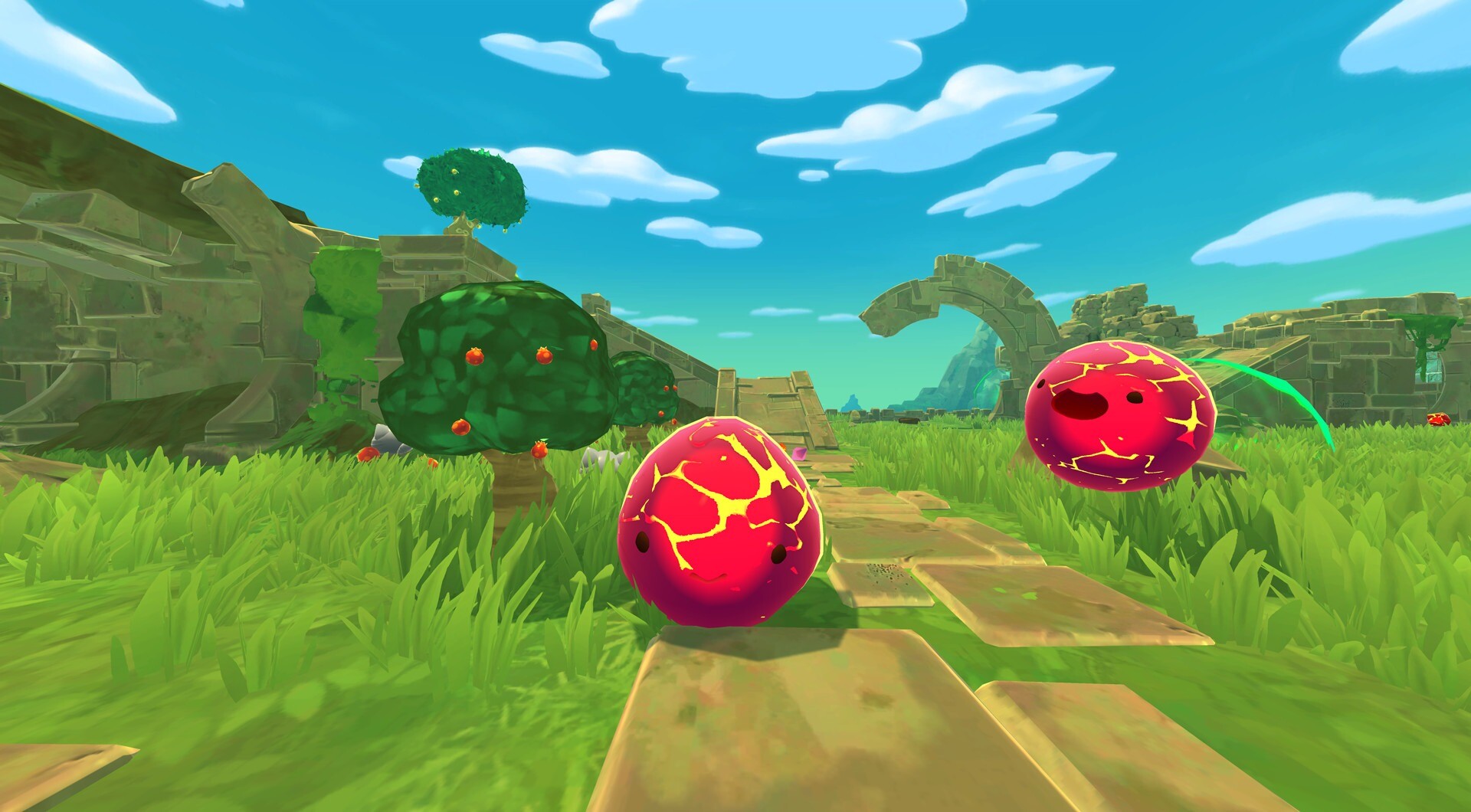
Among other projects, her studio is responsible for the VR port of Slime Rancher, an IGR favorite and winner of our Top Indie Game of 2017.
Nonny de la Peña
De la Peña known for her pioneering work in immersive journalism. As the founder of Emblematic Group, she focuses on creating innovative virtual, mixed, and augmented reality experiences. Her approach, which melds Unity graphics with real audio, has revolutionized the way users interact with virtual reality.
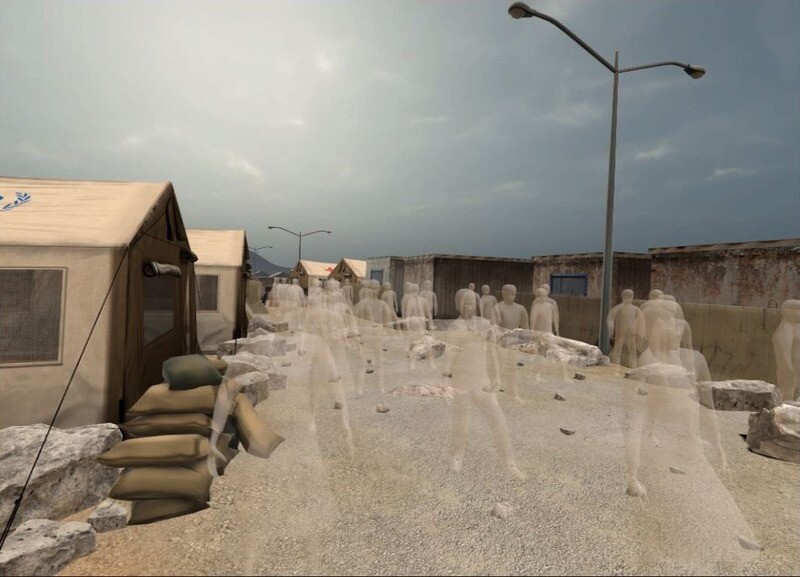
De la Peña’s immersive journalism experiences like “After Solitary,” “Out of Exile,” and “Project Syria,” have garnered critical acclaim and multiple awards, and her achievements have been recognized at prestigious festivals and events, including Sundance, the Venice Film Festival, and SXSW.
Brenda Laurel
With a career that started in the 1970s with work for the CyberVision and Atari platforms, Laurel has also worked for Activision and consulted on a number of LucasArts Entertainment projects.
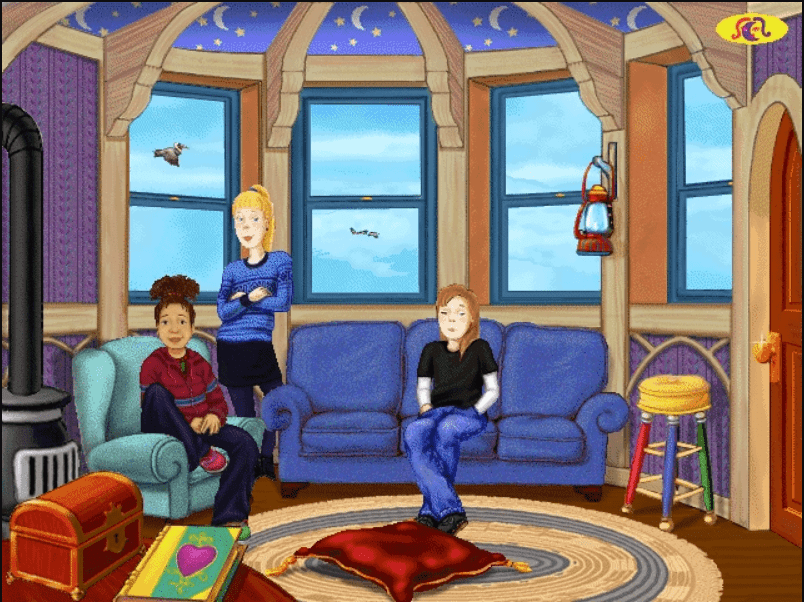
She founded her own company, Purple Moon, which focused on developing games for pre-teen and adolescent girls via the Rockett and Secret Paths series, and has also been incredibly influential in early work studying virtual reality and interactive design through her work with Interval Research Corporation and Telepresence Research, a company she cofounded with USC professor Scott Fisher.
Lori Cole
Lori Cole, alongside husband Corey Cole, is half the two-person design team responsible for the Quest for Glory series, a high-water mark for adventure/RPG games thanks to clever but irreverent writing and carefully designed mechanics.
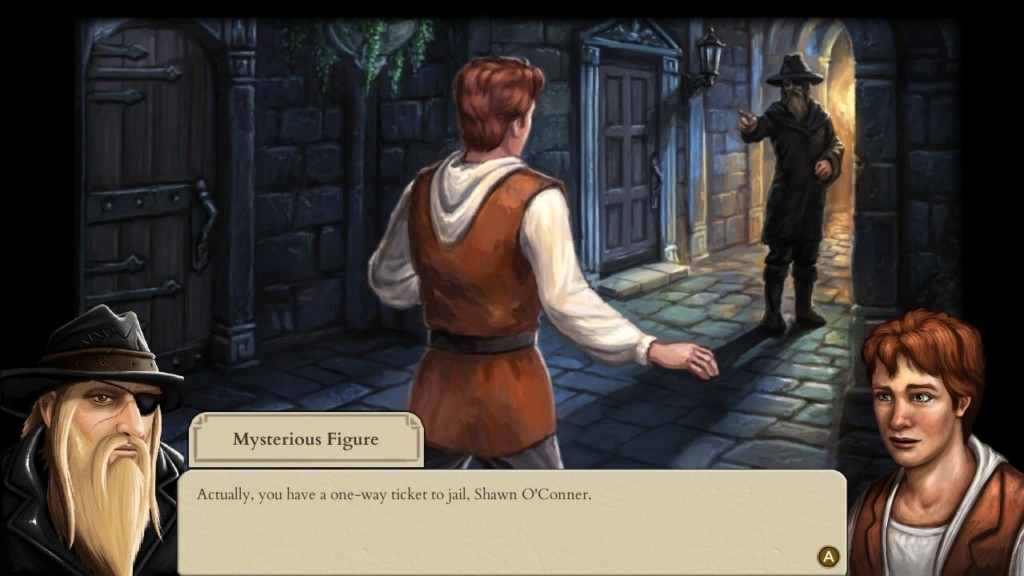
While the biggest studios have largely abandoned this particular style of adventure/RPRG, the Coles have more recently moved to the indie arena with such spiritual successors as Summer Daze: Tilly’s Tale and Hero-U: Rogue to Redemption.
Keiko Erikawa
A founder of now-major Japanese publisher Koei in the 1970s, what really cements Erikawa’s role in indies is that while leading an all-female development team, Ruby Party, she co-designed what are considered the very first Otome games: visual novels targeted specifically to women.
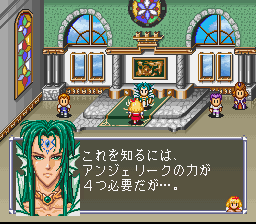
Otome games remain a staple of both the indie and mobile scenes to this day, thanks in no small part to the trailblazing work by Erikawa and her peers.
Jane McGonigal
A pioneer in alternate reality games, McGonigal has worked on such projects as I Love Bees, World without Oil, and SuperBetter.
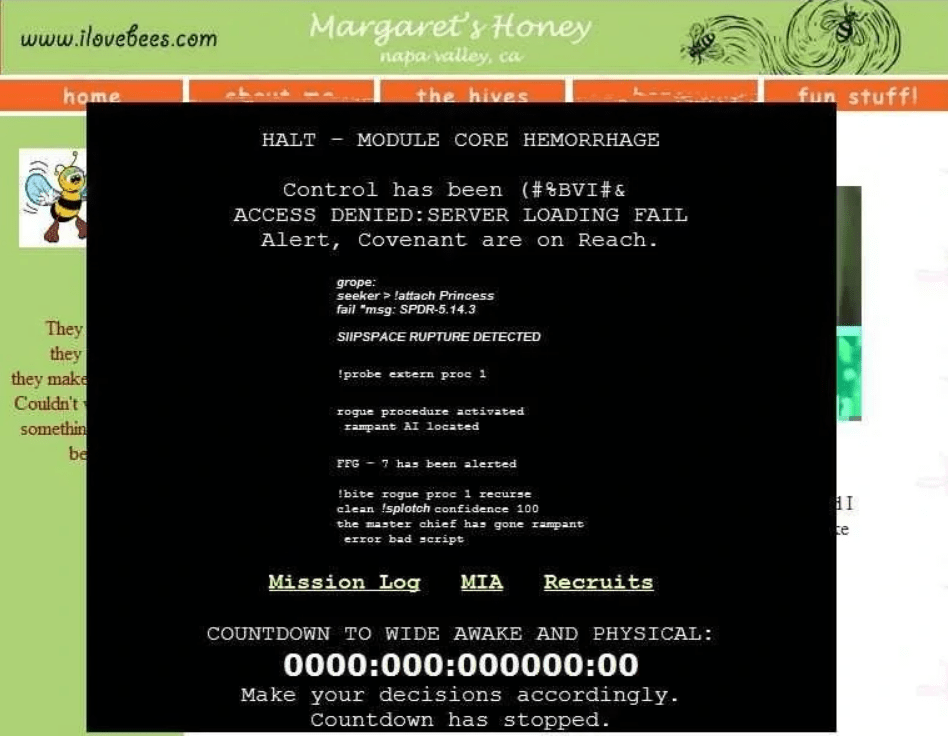
She has also written several books, including Reality Is Broken: Why Games Make Us Better and How They Can Change the World, which argues for the potential of games as a device for social change.
Carol Shaw
A programmer hired by Atari straight out of her Master’s program in 1978, Shaw worked for them for several years before relocating to a relatively new company called Activision in 1982.
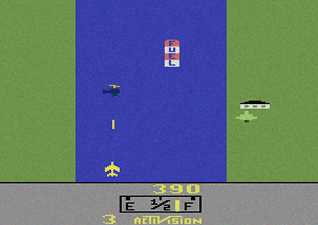
She is often credited as one of the first female game designers in the entire industry’s history and is best known for River Raid, one of the earliest games to use random enemy and item placement and thus an early influence on action Rogue-lite games.
Rebecca Heineman
A programmer and Space Invaders tournament champion who learned how to reverse-engineer Atari 2600 code as a teenager, Heineman went on to co-found Interplay.
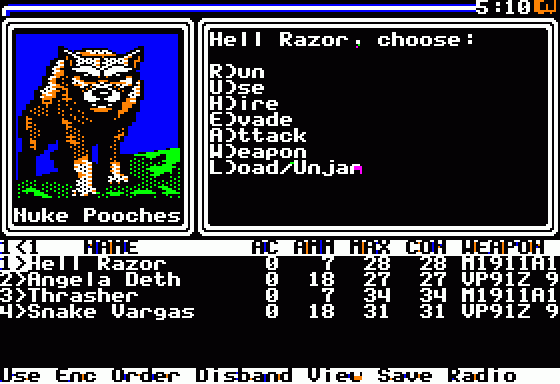
She would go on to on many of the company’s titles, including now-legendary games like Wasteland, The Bard’s Tale, and Out of This World, most of which have had outsized influences on the indie RPG world.
Christine Love
Founder of studio Love Conquers All Games, Love is a writer and game designer of thematically complex visual novels like Analogue: A Love Story and Analogue: A Hate Story.
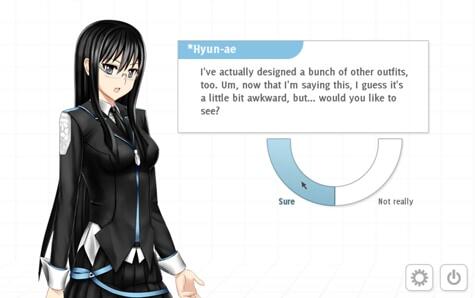
Love has expressed the belief that the indie game movement has done a better job depicting LGBTQ experiences than larger studios, as evidenced by Ladykiller in a Bind, which she describes as “an erotic visual novel about social manipulation and girls tying up other girls,” and her latest game, Get in the Car, Loser!, combines a lesbian road trip story with JRPG elements.
Anna Anthropy
Anthropy is another game developer whose work centers on LGBTQ themes; one of her first games, Lesbian Spider Queens of Mars, is a BDSM-themed tribute to 1981’s Wizard of Wor.
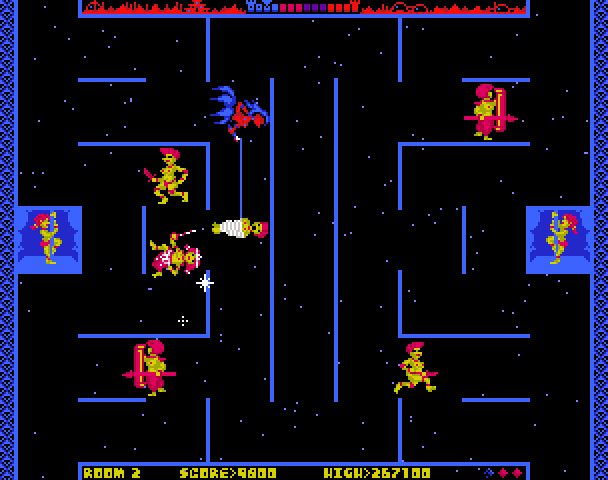
In addition to development work, Anthropy is also the author and editor of multiple books about the indie game community and game development.
Kim Swift
Kim Swift entered the industry with Narbacular Drop, a student/indie project with a unique “portal” mechanic that caught the eye of Valve Software and led directly to Swift’s most famous release, Portal.
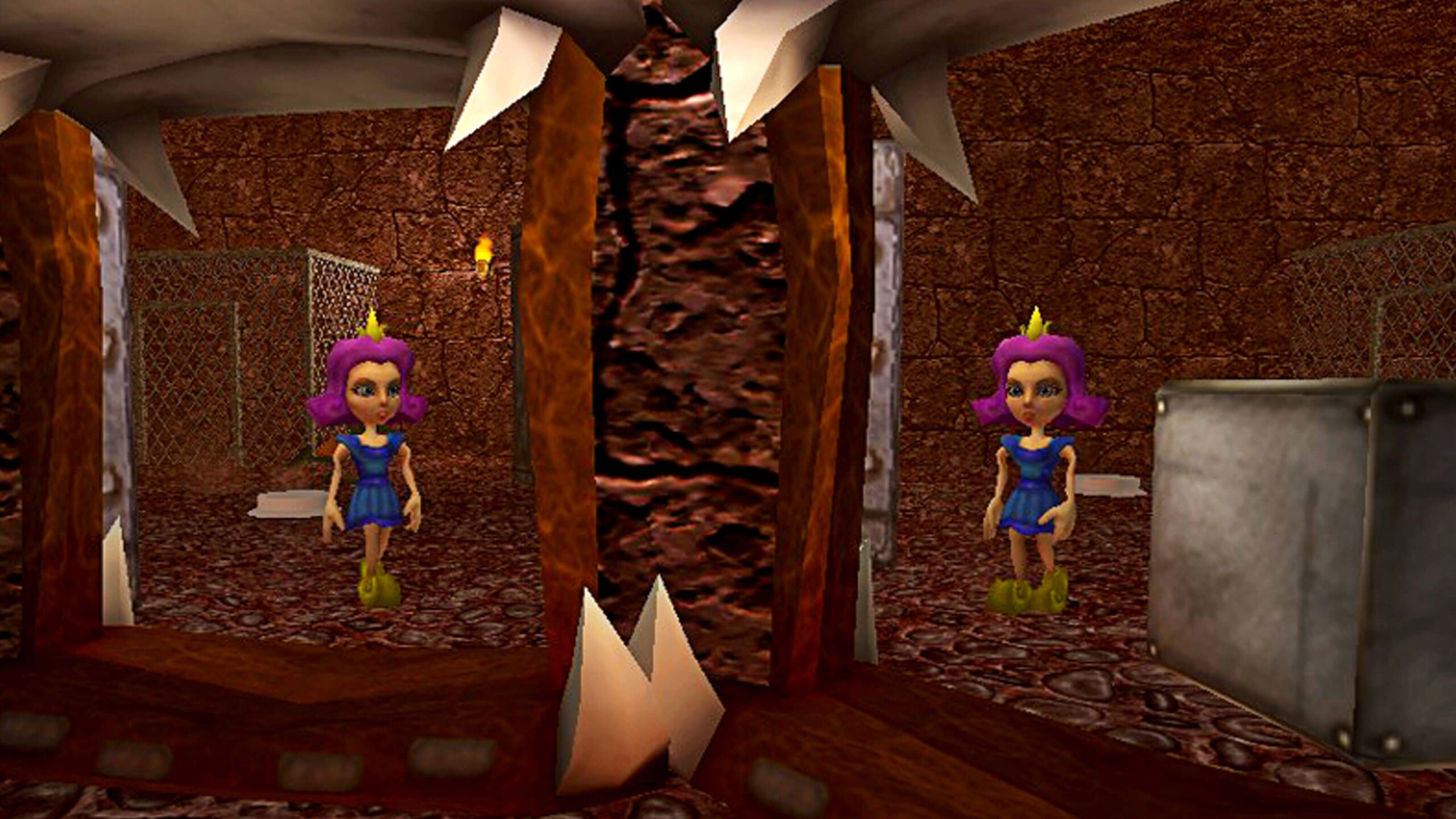
Swift’s later work has focused on cloud-native streaming games for Google Stadia and – more recently – Microsoft.
Zoe Quinn
Providing narrative design for such games as Framed and Solar Ash, Quinn is perhaps best known for Depression Quest, an interactive fiction piece about mental health issues.
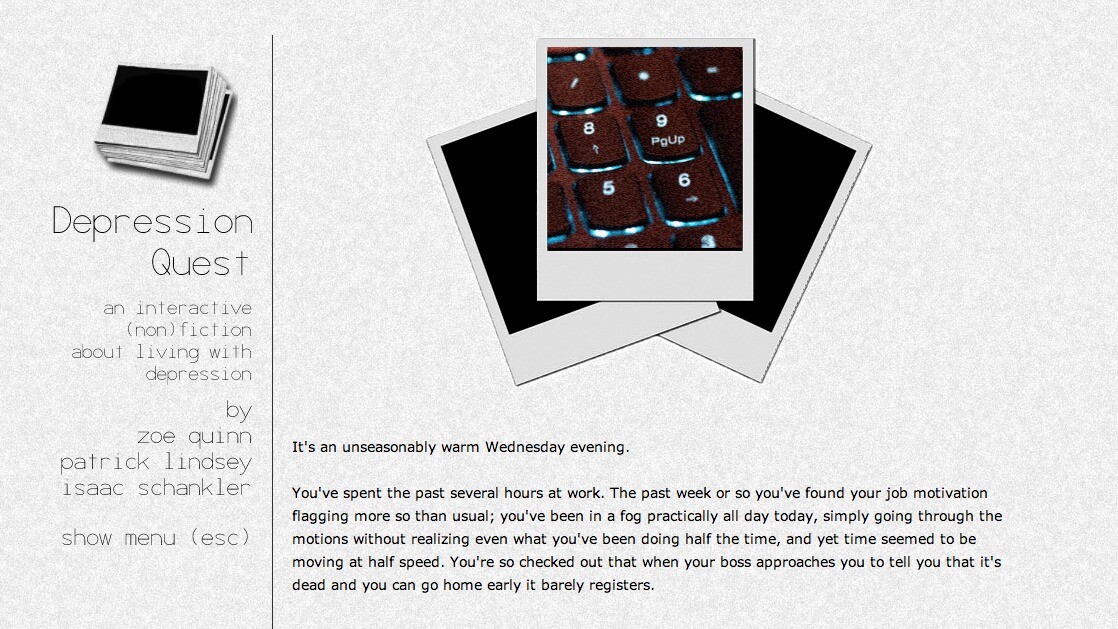
She founded the nonprofit organization Crash Override (which later merged with the Online Abuse Prevention Initiative) to deal with the issue of Internet harassment, which she also addressed in her Hugo-nominated book of the same name.
Lucy Morris
Morris is the founder of New Zealand’s Starcolt, part of the Alliance Media studio group alongside such indie game luminaries as Zachtronics.
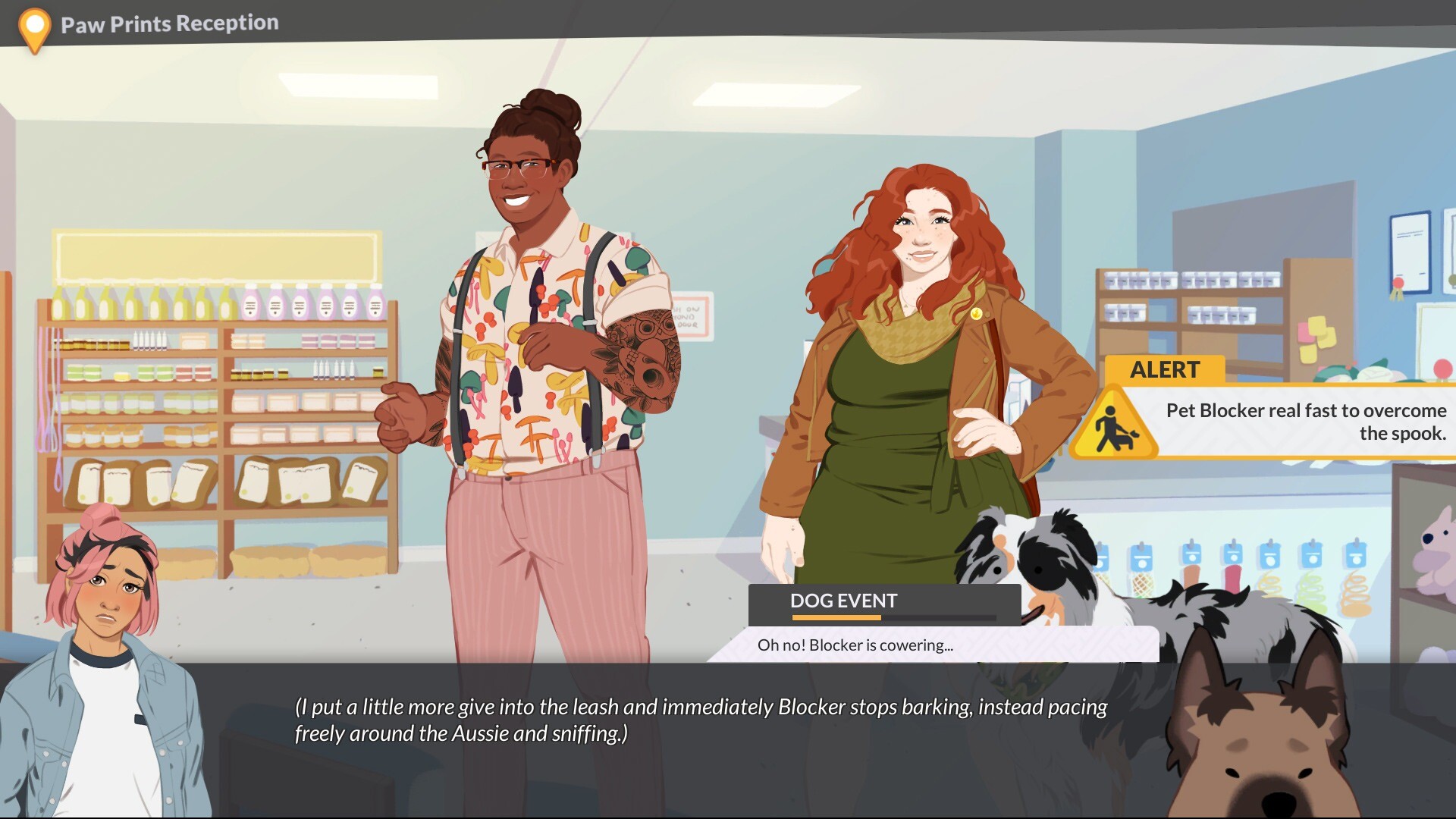
With the tagline “We deal in feels,” Starcolt’s design philosophy is centered on empathic, emotional experiences, as evidenced by their first release, Best Friend Forever, a combination pet care and dating sim.
Erin Reynolds
Reynolds has feet in both the large studio world – she’s in senior management at Walt Disney Games – and the indie games world as founder of Flying Mollusk, a developer focused on emerging technology, including but not limited to VR.

Her studio’s flagship release, Nevermind, combines virtual reality and biofeedback that double as both suspenseful adventure game and stress management tool.
Megan Fox
Creator and brainchild behind Glass Bottom Games, Fox embarked on her coding journey at just 11 years old, epitomizing the innovative spirit of indie game development. The name of her studio is a meaningful nod to the challenges often encountered by women in the gaming sector, underscoring her determination and advocacy.
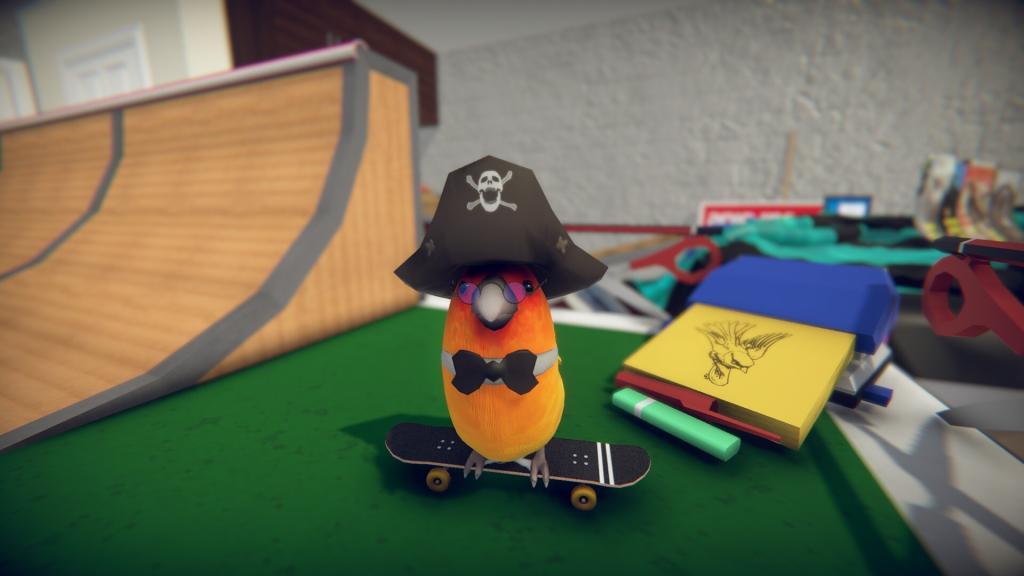
Among her notable creations is SkateBIRD, a game where players embody a small yet spirited skateboarding bird determined to uplift its Big Friend’s spirits. This game, along with others like Spartan Fist and Hot Tin Roof: The Cat That Wore A Fedora, showcases Fox’s talent for weaving engaging stories with charming characters, marking her works as distinctive in the indie gaming world.
Mitu Khandaker
Khandaker first rose to prominence as founder and solo developer of The Tiny Shark, the studio behind Redshirts, a parody of social media culture inspired by Red Dwarf and Star Trek.
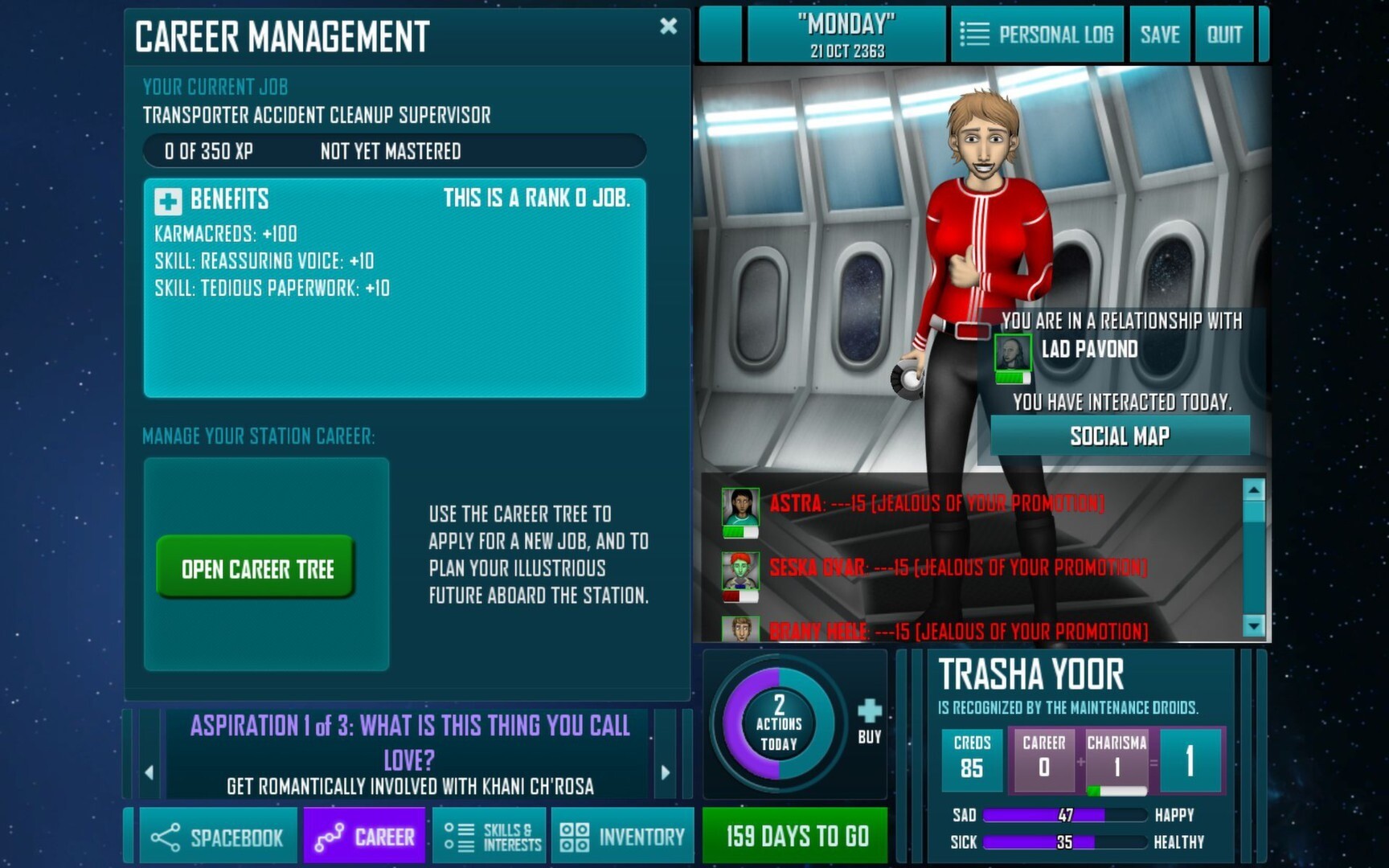
More recently, Khandaker cofounded Glow Up Games, a mobile and XR studio, and released Insecure: The Come Up, in collaboration with HBO and featuring actress Issa Rae.
Allison James
James is an incredibly prolific developer within the GameMaker Studio community, releasing seemingly countless games on the GX.games platform.
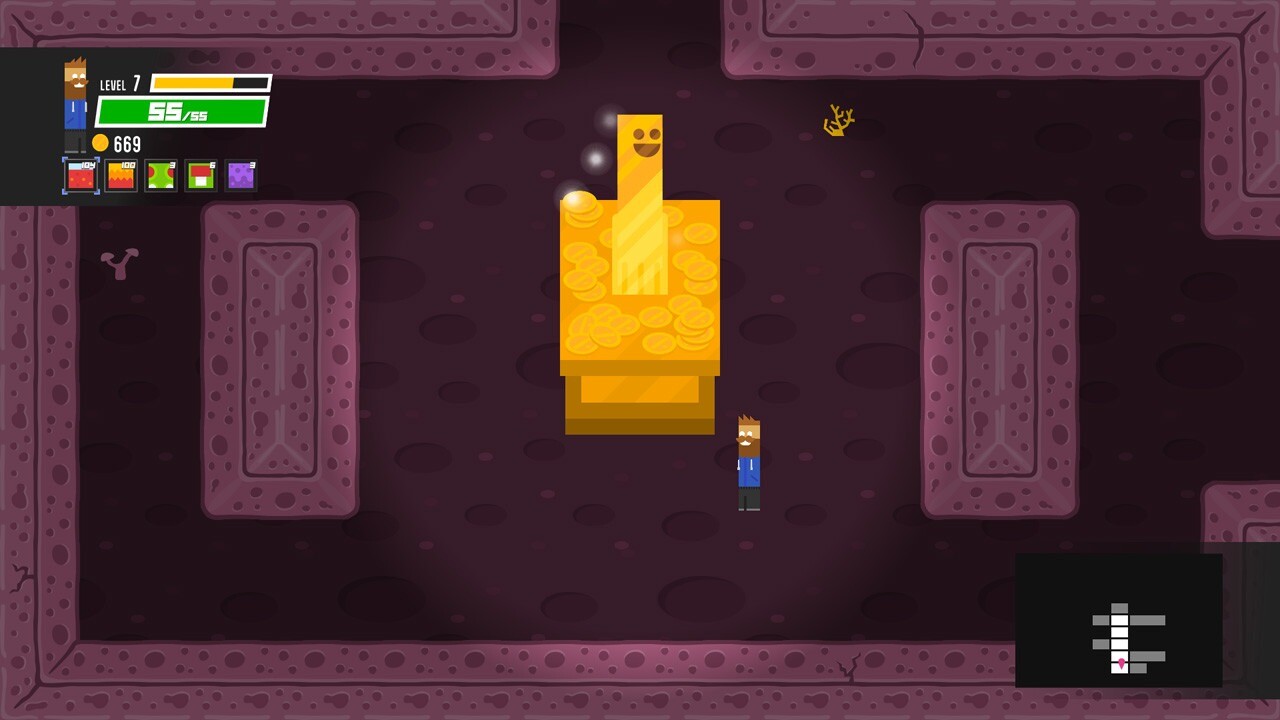
As cofounder of Chequered Ink, she has released such titles as Pong Quest – an arcade/RPG mash-up backed by Atari – Gyro Boss DX, Won’t You Be My Laser?, and Maddening Euphoria, and is known for an approach that pays playful homage to classic arcade mechanics.
Jenny Xu
Operating primarily in the mobile arena, Xu founded JCSoft and has released multiple titles, including the Can You Escape series of experimental arcade games and the Five Tries at Love dating sim series, amassing well over nine million downloads.
Her newest venture, Talofa Games, partnered with Pokémon Go developers Niantic to release Run Legends, an augmented reality fitness program that combines Xu’s love for games and long-distance running.
Lana Lux
Lux is a true solo developer, handling everything from 3D asset creation to programming for her upcoming apocalyptic survival game, Strain. But it’s her Twitch channel that sets her apart, giving a rare inside view of process. Her award-winning stream – Lux won last year’s Unity Streamer award – also helps funds the game’s development through such sponsors as Microsoft, Unity, and Capital One, highlighting the alternative funding approaches available to today’s indie developers.
She shared an inspiring talk about tenacity, discipline and navigating the challenges of being a woman developing an indie game alone at the VRTO conference in 2023 that brought the crowd to its feet.
Kathryn Yu
A promising new developer in VR gaming, Yu has already won numerous awards for games like Heirloom and Penrose Station, her thesis game at USC’s School of Cinematic Arts. She recently worked on Virtual Virtual Reality 2 for Tender Claws.
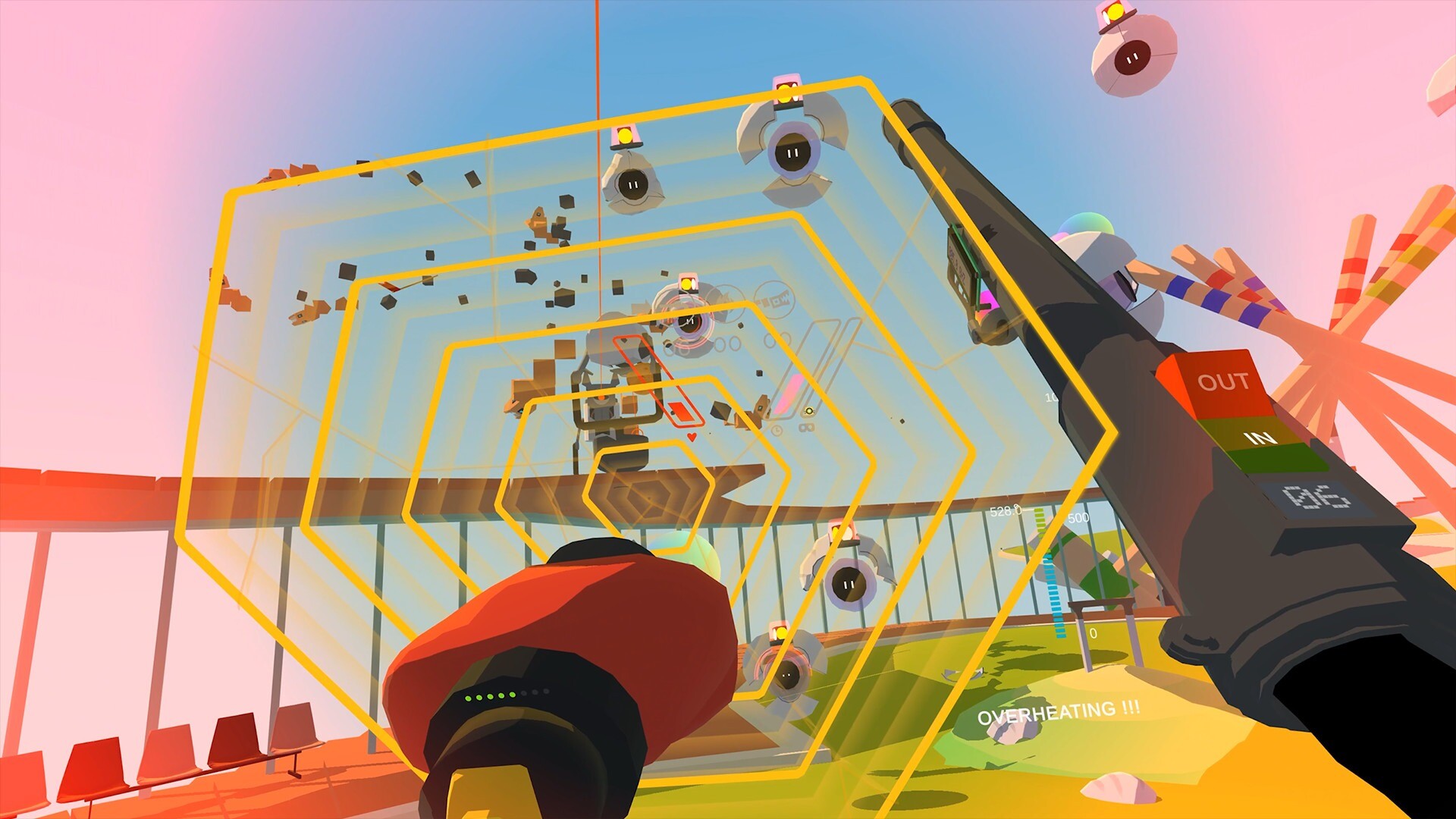
In addition to her work as a developer, Yu cofounded the Immersive Experiences Institute, a nonprofit organization devoted to immersive and interactive art.
Heather Maxwell Chandler
With credits on over three dozen games, Chandler has extensive production experience both in such mainstream titles as Fortnite and the Tom Clancy’s Ghost Recon series and on indie projects like Never Alone (Kisima Ingitchuna) and Beyond Blue.

She is also a prolific writer who has authored several guides on game development and production.
Nathalie Lawhead
Heavily inspired by zine culture and ’90s-era computer art and web design, Lawhead’s experimental work in game design with such projects as Tetrageddon Games and Everything Is Going to Be OK has won numerous awards.

She recently reissued her BlueSuburbia interactive poetry project, initially a Flash website created in 1999, as a 3D open world project for this year’s IndieCade festival.
Jeri Ellsworth
Jeri first made waves in 2004 with the innovative Commodore 30-in-1 Direct to TV, a joystick-based Commodore 64 emulator. Pivoting to augmented reality gaming, Ellsworth co-founded CastAR and later Tilt Five, focusing on advancing AR technology in gaming.
Her successful Kickstarter campaigns for these projects highlight her influential role in the hardware side of indie game development.
Hilary Mason
Currently operating within a Venn diagram that encompasses game design, data science, and AI, Mason founded machine learning company Fast Forward Labs, later acquired by data management company Cloudera.
Her current company, Hidden Door, is building a narrative AI platform that can convert fictional worlds into social role playing experiences in what she describes as “Roblox meets D&D.”
Lena Raine
Raine is best known for as a composer for such indie favorites as Celeste, Chicory: A Colorful Tale, Deltarune, and Minecraft.

She is also a developer in her own right, releasing ESC, a philosophical interactive fiction piece, in 2018.
Camille Kanensley
A digital artist working on the cutting edge of VR gaming, Kanensley has worked on such games as Final Space: The Rescue and Knockout League for Grab Games.
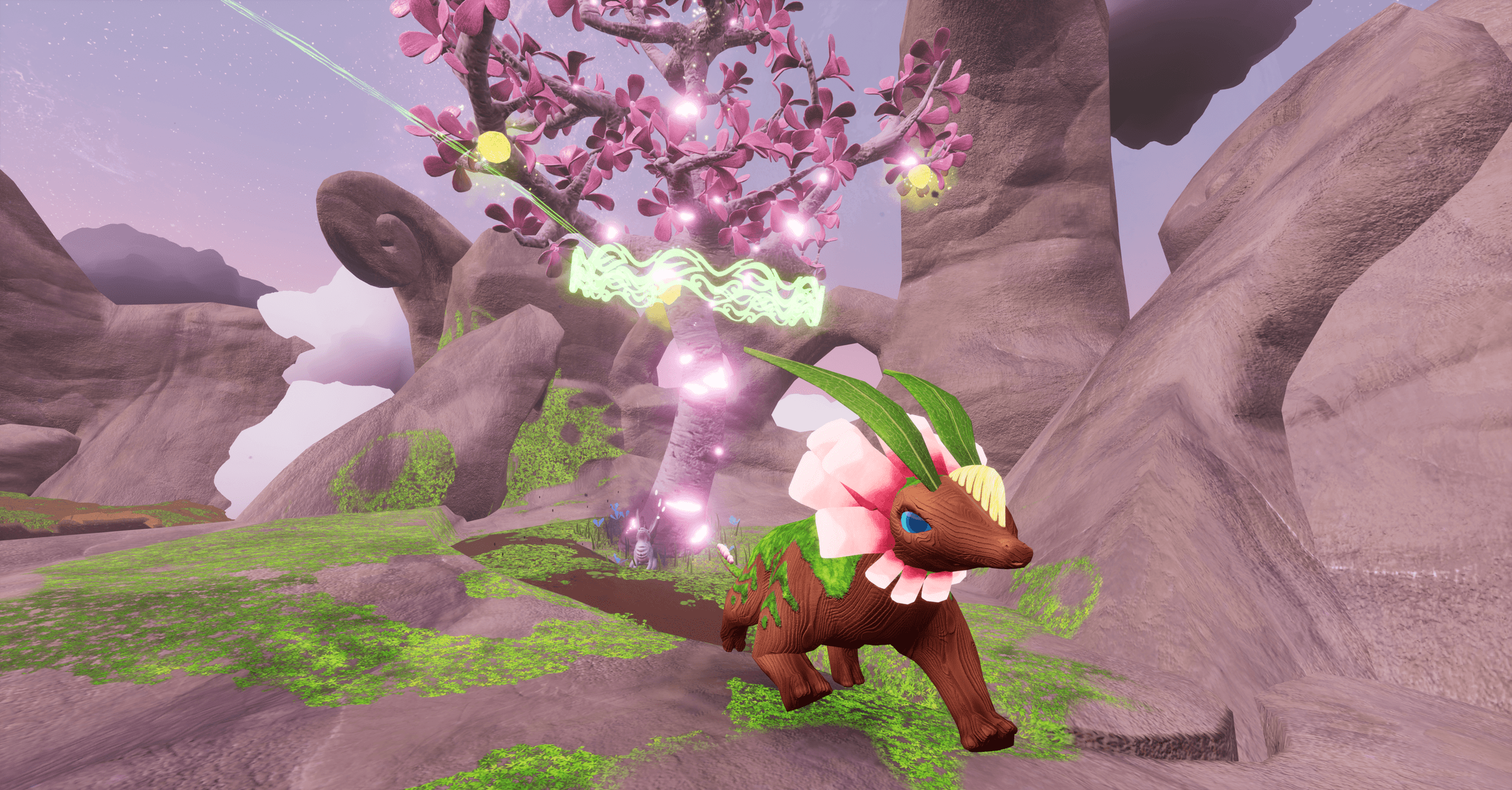
She is the founder of FreeForm Labs, developers of ElemenTerra, a virtual reality world-building simulation.
Nana Moon
Solo developer Moon’s games are influenced by classic JRPGs in terms of their mechanics and a devotion to complex narratives and exquisite art direction, as evidenced by the science-fantasy Virgo vs. the Zodiac and the forthcoming cyberpunk-themed Keylocker.
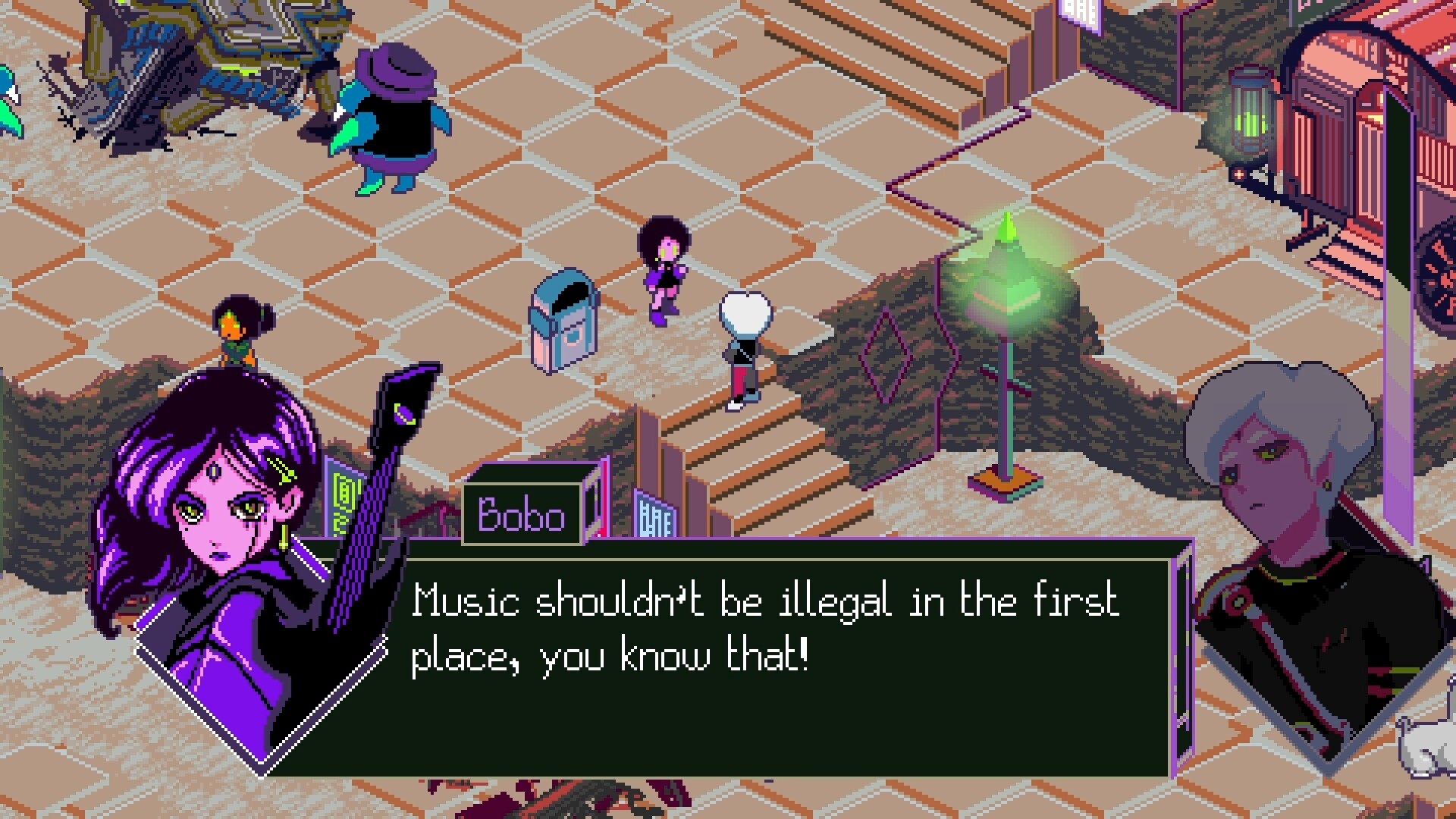
Darya Noghani
British solo developer Noghani is already making a mark in the indie game scene with a knack for exposing human foibles via urban animal characters, first via Victorian legal sim Avian Attorney and more recently with Redwall-meets-Final Fantasy turn-based RPG Small Saga.
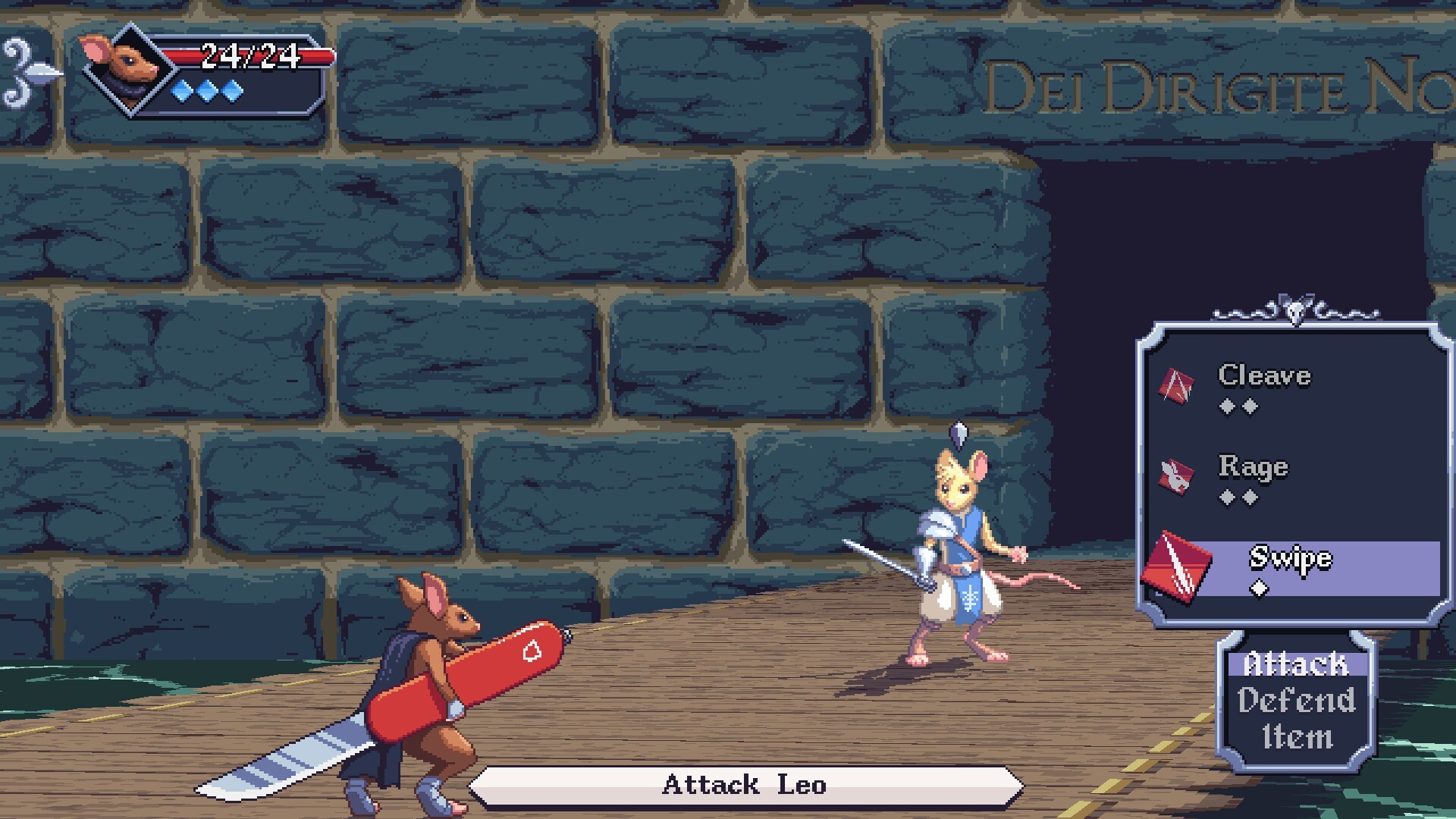
Andy Wood
Co-founder of Toronto indie studio Lithic Entertainment, Wood is best known for her work on Dwarrows, a fantasy city-building sim.
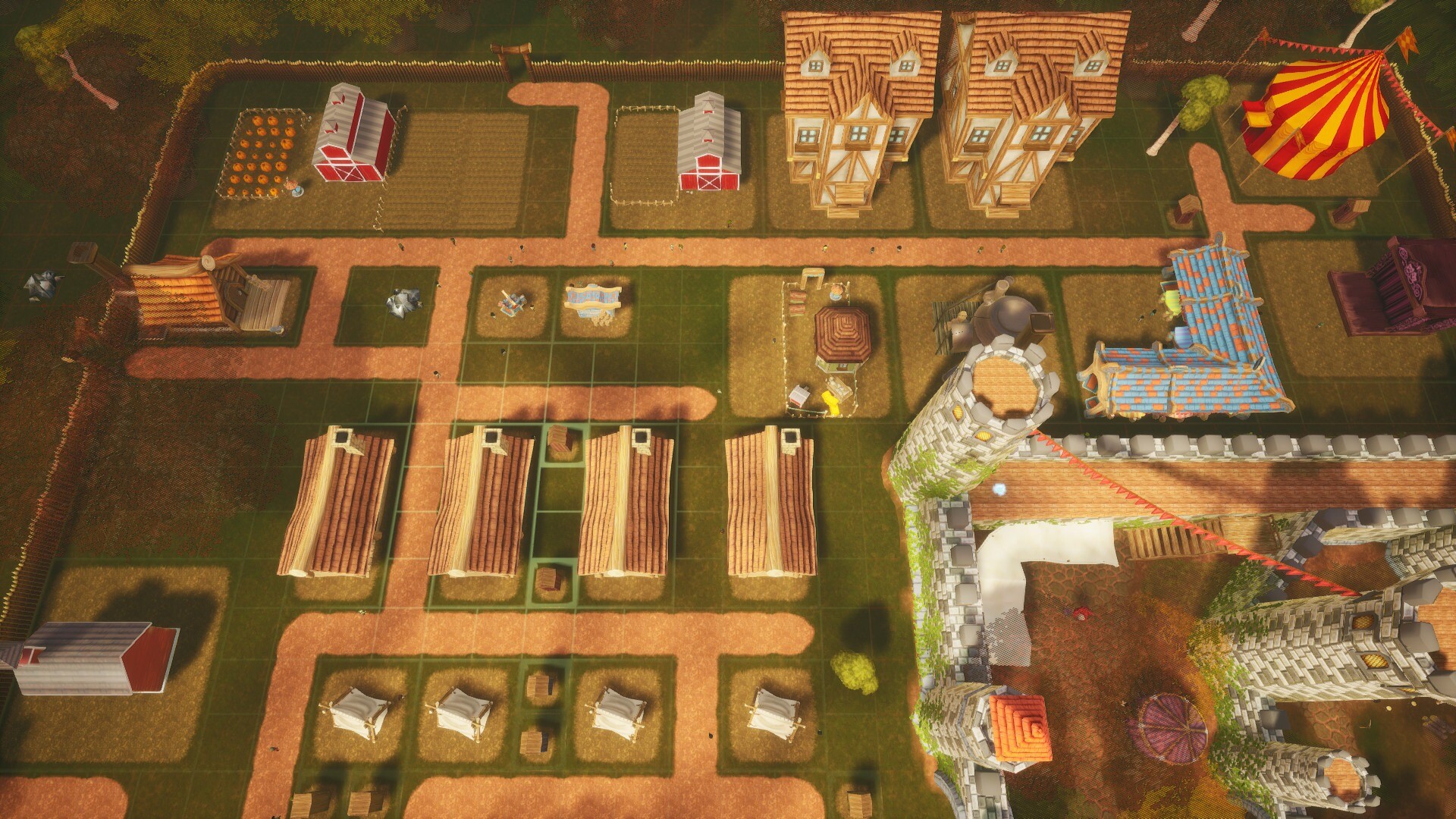
More recently, she worked on Arthurian VR puzzle-platformer A Knight in the Attic from Mighty Yell.
Erin Reilly
A professor of media and entertainment at the University of Texas at Austin’s Moody College of Communication, Reilly’s academic work focuses on such emerging technologies as virtual and augmented reality, but she’s also the founder of ReillyWorks, a company currently developing interactive and augmented reality games.
Tiani Pixel and Fernanda Dias
Pixel and Dias are the two-person team behind Pixel Punk Studio, the developers of action-RPG Unsighted, one of our Top 10 Indie Games of 2021.
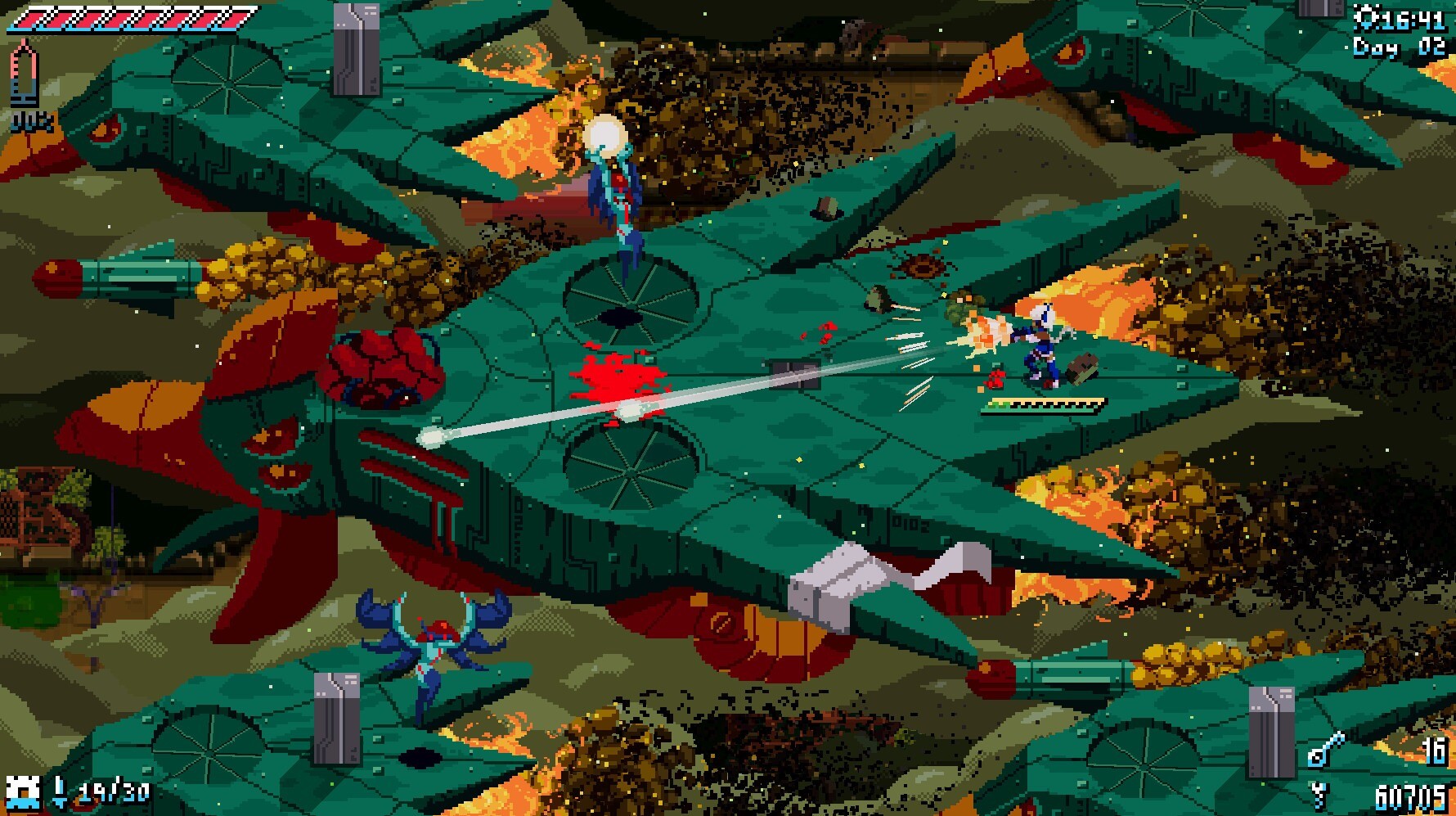
Lauren Clinnick
Clinnick is the founder and CEO of Lumi Games, the studio behind Kinder World, a mobile game combining plant care sim, self-care reminders, and the Cottagecore aesthetic that is currently in Early Access.
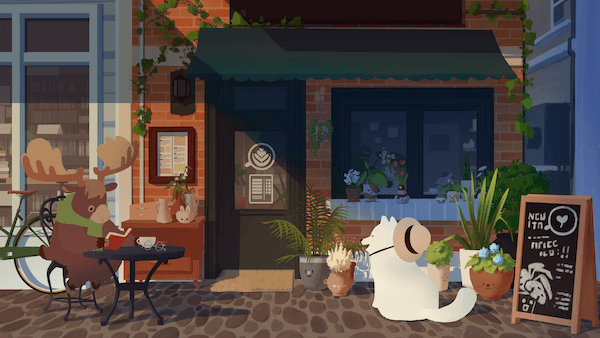
Jane Ng
One of the industry’s top 3D environment artists, Ng has worked on a number of Double Fine Productions titles like Stacking and Costume Quest. More recently, she worked on Firewatch, the award-winning park ranger sim from Campo Santo.
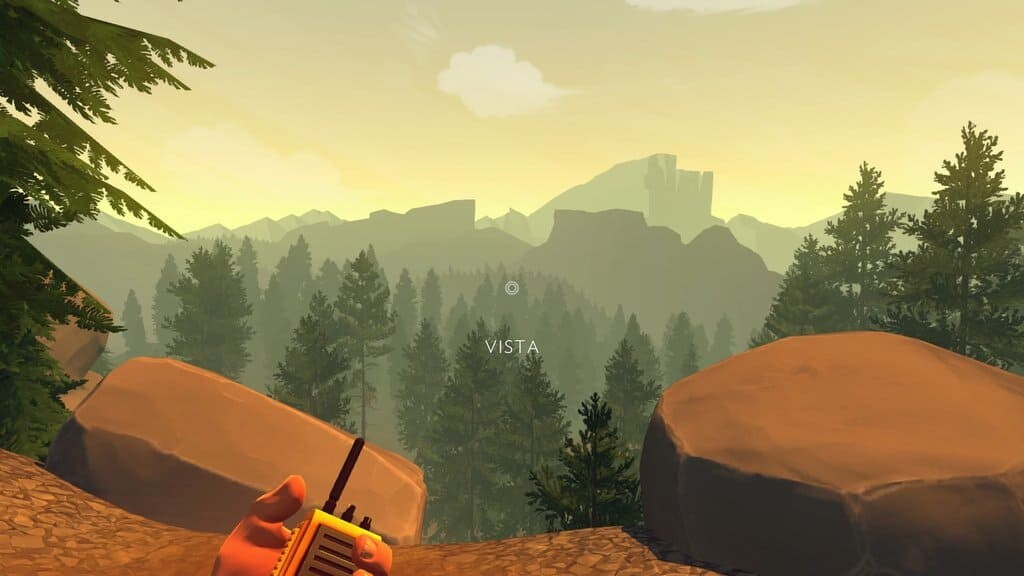
InfinityWaltz and TheOvermatt made significant contributions to this article.
Related
[ad_2]